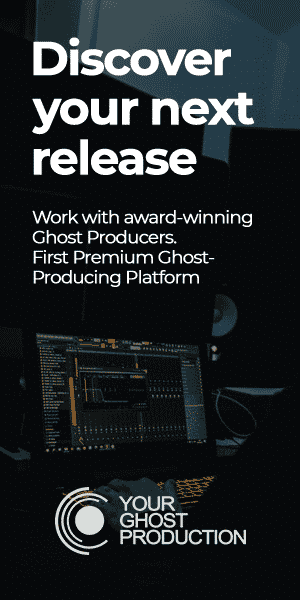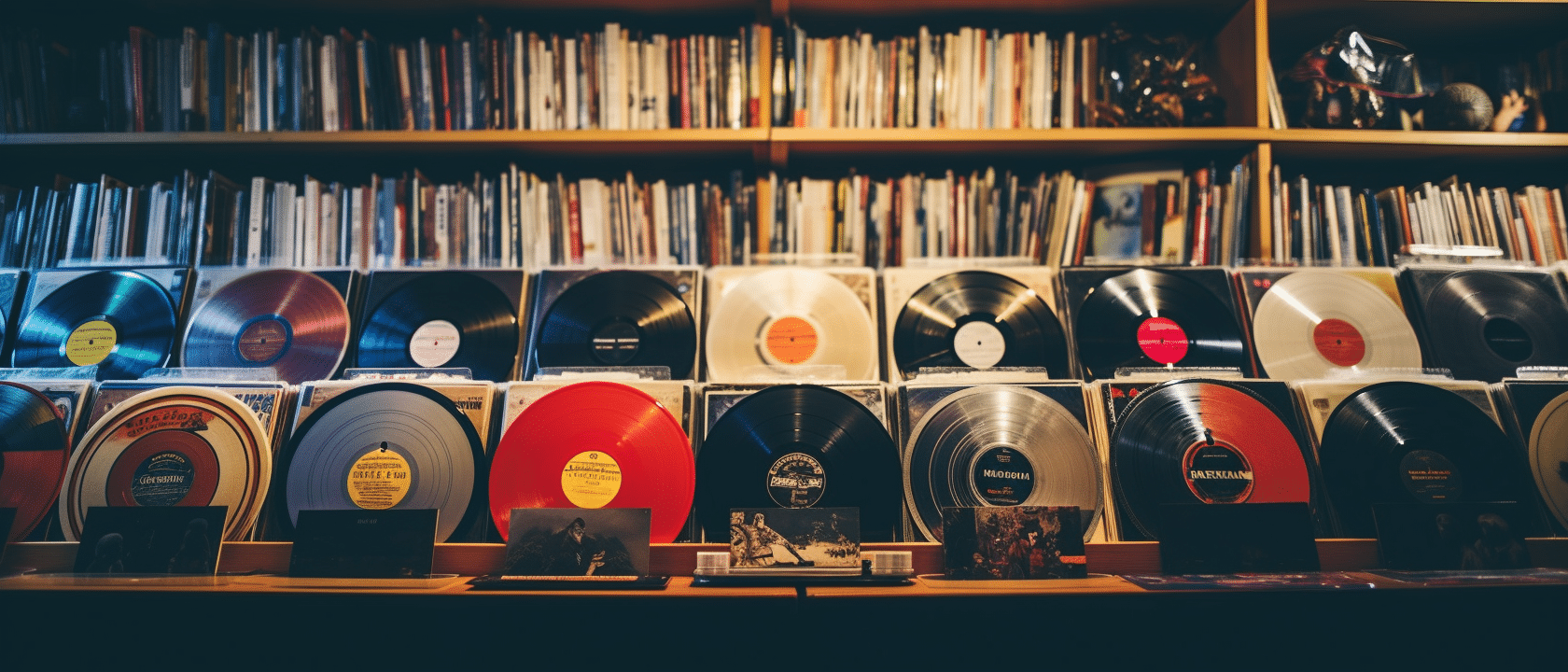Unveiling the Music Evolution Timeline: Exploring the Transformations Over the Past Two Decades
In the past 20 years, music production has experienced a seismic shift thanks to advancements in technology. The digital revolution has transformed the way artists create and record music. The introduction of digital audio workstations (DAWs) has revolutionized the studio landscape, replacing traditional hardware with software-based tools that offer limitless creative possibilities. Artists now have access to a wide array of virtual instruments, synthesizers, and effects that can be manipulated within the digital realm. This shift has empowered artists to produce professional-quality music from the comfort of their own homes, eliminating the need for expensive studio setups.
The democratization of music production is another significant change brought about by technological advancements. Independent artists no longer rely solely on major record labels to create and release their music. With affordable recording equipment and accessible software, musicians can produce high-quality tracks independently. This has resulted in a vibrant and diverse music scene, with artists experimenting with various genres and styles. The barriers to entry have been lowered, allowing for a more inclusive and eclectic musical landscape.
Genre Blending and Breaking Musical Barriers: Breaking Boundaries: Exploring Genre Blending in the Evolution of Music
Over the past two decades, the lines between music genres have become increasingly blurred. Artists are no longer confined to rigid genre definitions and are instead embracing a fusion of styles. This genre blending has led to the emergence of new and exciting musical experiences. Genres such as hip-hop, pop, rock, and electronic music have intersected, resulting in a diverse range of hybrid sounds. Artists are incorporating elements from multiple genres, creating music that defies categorization and appeals to a broader audience. This blending of genres has given rise to unique musical expressions, pushing the boundaries of creativity and challenging traditional notions of musical classification.
The Rise of Streaming and Its Impact on Music Consumption: The Streaming Era: Understanding the Impact of Music Consumption Transformations
Streaming services have revolutionized the way we consume music. In the past, physical albums and digital downloads were the primary means of accessing music. However, streaming platforms such as Spotify, Apple Music, and YouTube have now become the go-to sources for music consumption. This shift has had a profound impact on the music industry, altering the dynamics of revenue generation and changing the way artists release their work.
With streaming, listeners have access to an extensive catalog of music from around the world at their fingertips. Personalized music recommendations and algorithm-driven playlists introduce listeners to new artists and genres they may not have discovered otherwise. The streaming model has also empowered independent artists, providing them with a platform to reach a global audience without the need for traditional distribution channels. However, the shift to streaming has raised concerns about fair compensation for artists, as streaming royalties often fall short of what musicians would earn from traditional album sales. The industry continues to grapple with finding a sustainable model that benefits both artists and streaming platforms.
The Influence of Social Media and Internet Culture: Music in the Digital Age: Unveiling the Influence of Social Media and Internet Culture
Social media platforms have become powerful tools for artists to connect with their fans, promote their music, and build a dedicated fan base. Platforms like Instagram, Twitter, and TikTok allow artists to share their work directly with their followers and engage in real-time conversations. The ability to go viral and create viral trends has democratized music promotion, giving independent artists the opportunity to gain widespread recognition.
Furthermore, the internet has facilitated the growth of independent music blogs, online music communities, and DIY musicians. Artists can now release their music independently and connect with a global audience through various online platforms. The internet has empowered artists to take control of their careers, bypassing traditional gatekeepers and forging direct relationships with their fans.
Conclusion: A Musical Journey Through Time: Reflecting on the Transformations in Music Over the Past 20 Years
The evolution of music over the past 20 years has been a dynamic and transformative journey. Technological advancements have revolutionized music production, making it more accessible and diverse than ever before. Genre blending has broken down musical barriers, resulting in a fusion of styles that defies categorization. The rise of streaming platforms has transformed the way we consume music, offering a vast catalog of songs and personalized recommendations. Social media and internet culture have provided artists with new avenues for promotion and fan engagement.
As we reflect on the changes that have occurred, it is clear that the music industry is in a constant state of evolution. While there are challenges to be addressed, such as fair compensation for artists and the need for sustainable business models, the overall impact of these transformations has been a positive one. The future of music holds exciting possibilities as artists continue to push boundaries, experiment with new technologies, and connect with audiences in innovative ways. The music evolution timeline serves as a testament to the enduring power of music and its ability to adapt and thrive in an ever-changing world.





Comments
This post currently has no comments.